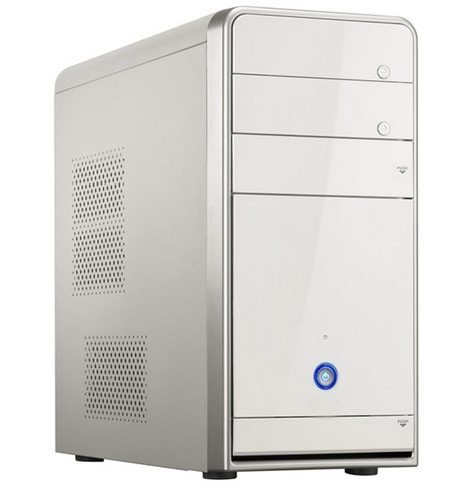Apple aims to dismiss Psystar countersuit

Apple asked a U.S. District Court judge to dismiss Psystar's counterclaims against the company.
As background, Apple launched a suit against Psystar alleging that the Mac clone maker harmed its brand. Psystar (all resources) fired back arguing that Apple was abusing monopoly power and launched its own lawsuit.

Defendant Psystar Corporation is knowingly infringing Apple’s copyrights and trademarks, and inducing others to do the same. Psystar makes and sells personal computers that use, without permission, Apple’s proprietary operating system software. In an obvious attempt to divert attention from its unlawful actions, Psystar asserts deeply flawed antitrust counterclaims designed to have this Court force Apple to license its software to Psystar, a direct competitor. The Court should reject Psystar’s efforts to excuse its copyright infringement, and dismiss these Counterclaims with prejudice. Ignoring fundamental principles of antitrust law, and the realities of the marketplace, Psystar contends that Apple has unlawfully monopolized an alleged market that consists of only one product, the Macintosh® computer. However, in direct contradiction to Psystar’s claimed Mac®-only market, Psystar admits that “a seemingly infinite list of manufacturers may be found in the computer hardware system marketplace,” including “Dell, Acer, Lenovo, Sony, and Hewlett-Packard to name but a few.” Counterclaims, 22, lines 13-17. Psystar also admits, in further contradiction to its alleged Mac-only market, that Apple has gone to great lengths in the media to position its Mac as superior to other personal computers against which it directly competes. Counterclaims 31-35. Psystar’s very business model is premised on the fact that Apple’s computers compete directly with personal computers using different operating systems. In its Counterclaims Psystar admits computers with the Macintosh operating system (“Mac OS”) are one of many types Psystar sells to consumers: “PSYSTAR manufactures and distributes computers tailored to customer choosing. As a part of its devotion to supporting customer choice, PSYSTAR supports a wide range of operating systems including Microsoft Windows XP and XP-64 bit, Windows Vista and Vista 64-bit, Linux (32 and 64-bit kernels), and the MacOS.” Counterclaims, 15, lines 8-11 (emphasis added) customers are choosing between these computer systems, the systems necessarily compete with one another. For these reasons and others, Psystar’s effort to assert antitrust claims premised on the existence of a relevant product market restricted solely to Apple’s products fails as a matter of law. Moreover, the ultimate goal of Psystar’s Counterclaims is an order from this Court compelling Apple to help competitors, like Psystar, by forcing Apple to license its proprietary software to those competitors for use on their own computer hardware. Psystar’s effort is contrary to law and must be rejected. Neither the federal nor the state antitrust laws require competitors to stop competing with, and instead to start helping, each other.